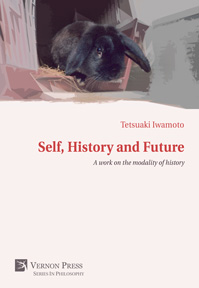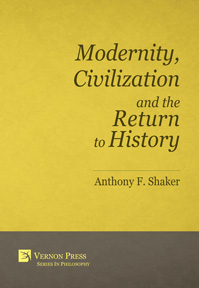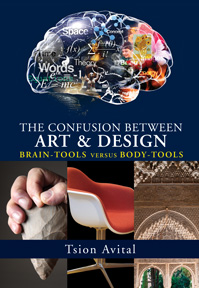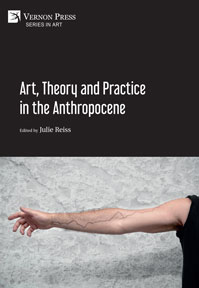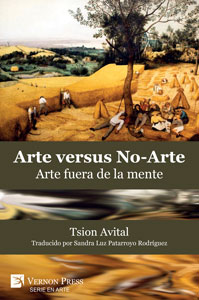Cinematosophical Introduction to the Theory of Archaeology
Understanding Archaeology Through Cinema, Philosophy, Literature and some Incongruous Extremes
by Aleksander Dzbyński (University of Zurich, Switzerland)
Purchase this book
(click here to change currency)
What is archaeology? A research field dealing with monuments? A science? A branch of philosophy? Dzbyński suggests the simple but thoughtful equation: Archaeology = History = Knowledge.
This book consists of 8 chapters presenting a collection of characteristic philosophical attitudes important for archaeology. It discusses the historicity of archaeological sources, the source of the algorithmic approach in archaeological reasoning, and the accuracy of logical and irrational thinking.
In general, this book is concerned with the history of archaeologists’ search for a suitable methodology. All these issues are discussed in relation to two main intellectual trends of archaeology to the present day: processual and post-processual archaeology. Processualism introduced and developed the idea of algorithmic and universal reasoning in archaeology, while post-processualism focused attention on the individual value of a monument and the archaeologist himself. These are still two foundations on which the present knowledge of the past is based, and thus their defining role cannot be overestimated. An additional layer of narrative, visible right from the beginning of the book, is the gradual discovery of the relationship between archaeology and popular culture, especially film and literature. Its aim is both illustration and explanation. It is intended that the reader receives not only information and knowledge, but also a deeper emotional reference which is connected with the reception of works of art.
List of Figures
Foreword
Preface
Chapter 1 What is archaeology? On the benefits from History
Chapter 2 On the benefits of science. Where is the link between Archaeology and Artificial Intelligence?
Chapter 3 Does Archaeology need theory?
Chapter 4 Back to Hegel. Ideological paradoxes
Chapter 5 Texts and contexts
Chapter 6 Communication—rationalization—solidarity
Chapter 7 Archaeologist’s Weltchmerzen
Chapter 8 Archaeologist like a detective
Afterword
Bibliography
Index
Aleksander Dzbyński was born in 1972 in Warsaw and studied prehistoric archaeology, anthropology, ethnology and ancient art history at the University of Warsaw, the University of Basel, and the University of Freiburg. He received his doctoral degree (Dr. Phil.) from the University of Basel in 2004. In the years 2004-2013 he worked as a lecturer in prehistoric archaeology and methodology at the University of Rzeszów in Poland. In 2017 he was honoured with habilitation at the University of Zurich, where he currently teaches archaeological theories and methods. He has previously published several books, including Ritual and Understanding: Rational Bases of Communication and Exchange in Prehistoric Europe.
Archaeology, artificial intelligence, hermeneutics, film, literature, cinema, theory, interdisciplinary approach, philosophy, Turing machine, detective investigation, psychoanalysis, processual, post-processual, cultural-historic archaeology, contextual archaeology, hermeneutic spiral, machines, solving archaeological problems, archaeological thinking, crime story, zodiac, communication, rationality, archaeological evidences, indices, interpretations, archaeological babbling, Wittgenstein, Hegel, Habermas, Heidegger, Gordon Childe, Indiana Jones
Subjects
Anthropology
Sociology
Philosophy
Series
Curating and Interpreting Culture
Related services
Find in a library near you Download HQ cover Find in Bookshop.orgSee also
Bibliographic Information
Book Title
Cinematosophical Introduction to the Theory of Archaeology
Book Subtitle
Understanding Archaeology Through Cinema, Philosophy, Literature and some Incongruous Extremes
ISBN
978-1-62273-903-5
Edition
1st
Number of pages
314
Physical size
236mm x 160mm

![Cinematosophical Introduction to the Theory of Archaeology [Paperback]](/file/10777/06a86c9e8f30221546b8feb5822f4fd9/1576505758.jpg)

